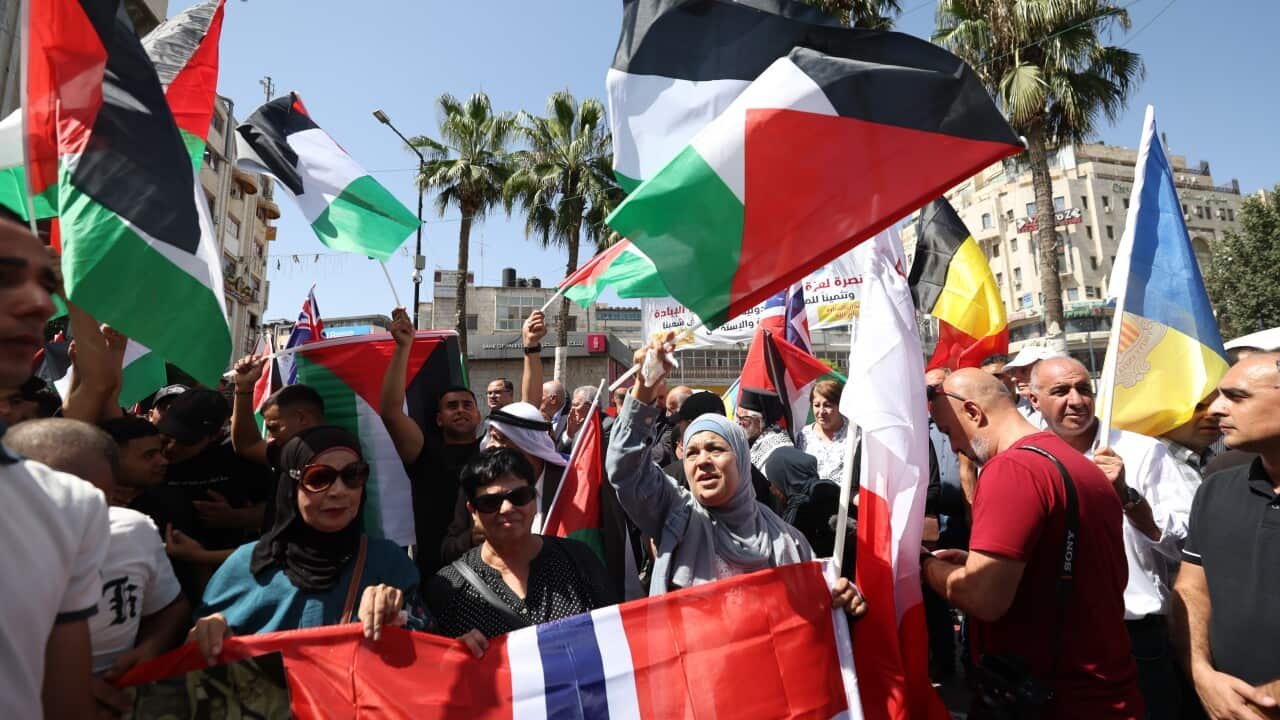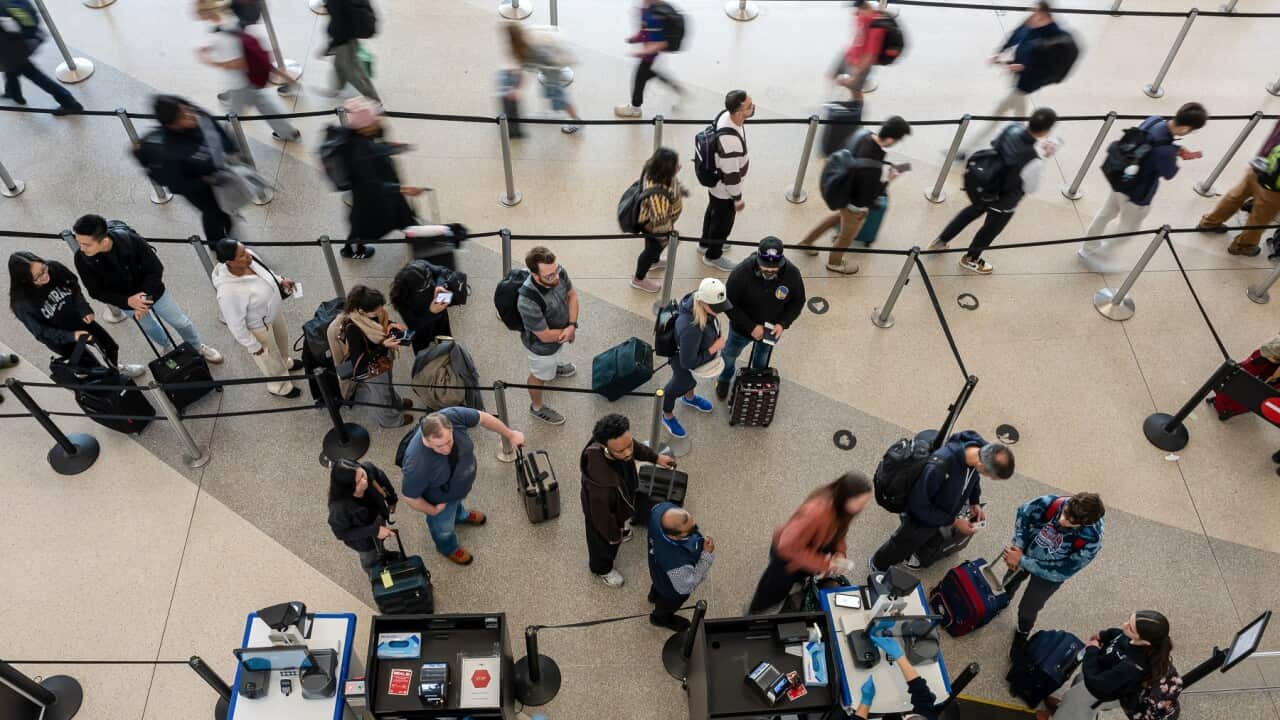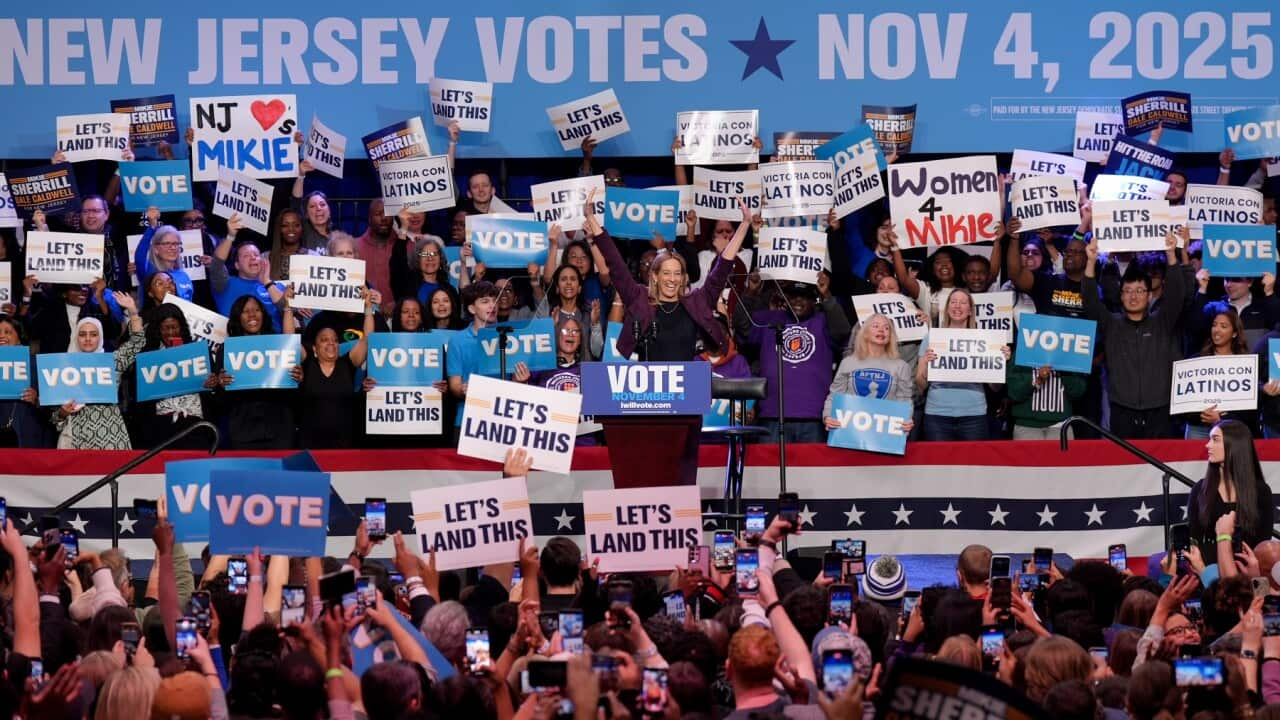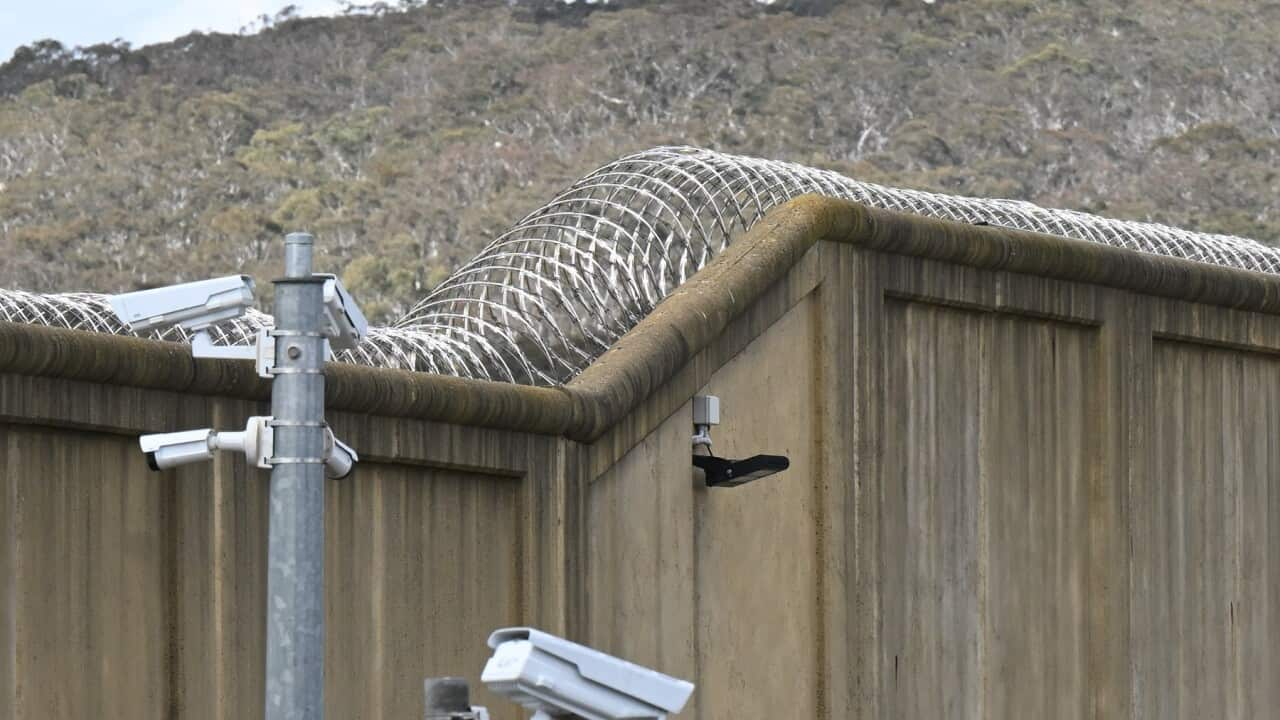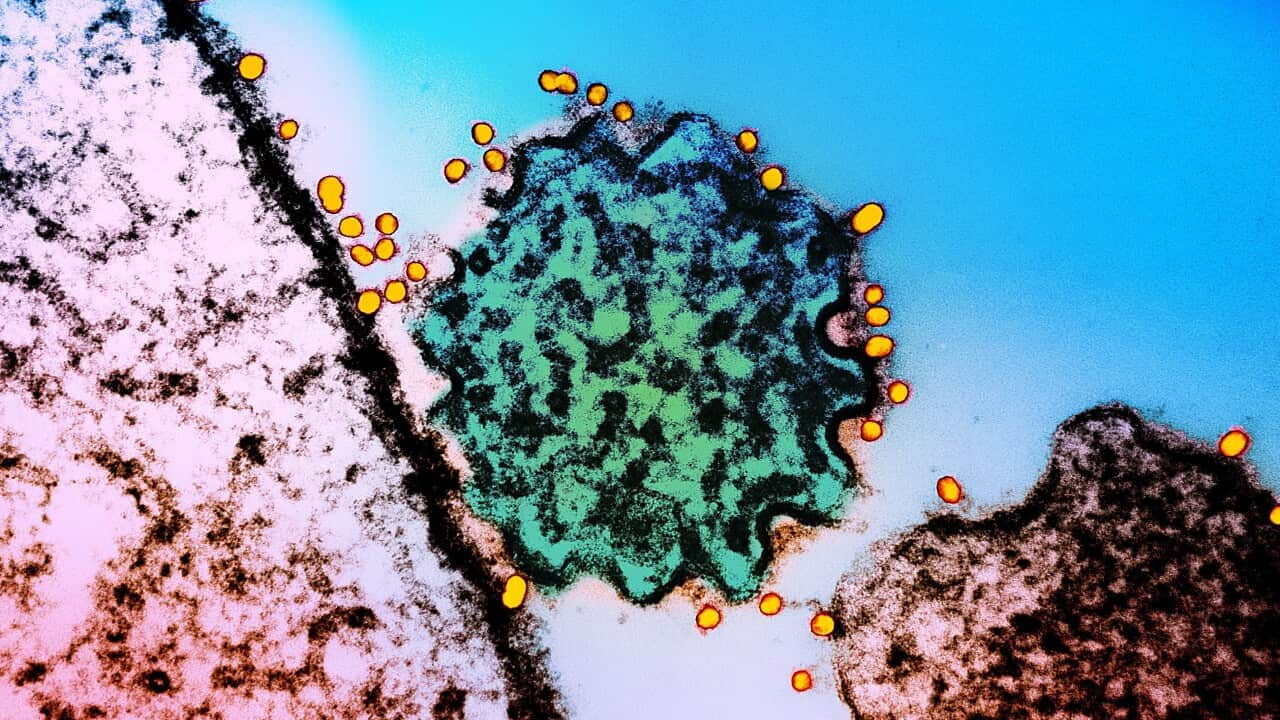Listen to Australian and world news, and follow trending topics with SBS News Podcasts.
TRANSCRIPT
"We must break this cycle of violence and build something better. Yesterday, Australia recognised the state of Palestine."
In his first address to the United Nations in New York, Anthony Albanese said the recognition of Palestine as a sovereign nation means "real hope" for Palestinians.
Australia has joined 150-plus nations**, such as Russia, most Arab, African, Latin American, and many Asian nations - including India and China — plus several European countries that also support Palestinian statehood.
While many have done so for years, this recent recognition from G7 nations like Britain, Canada, France and Australia is a big deal, according to Dr Rowan Nicholson, an international law expert at Flinders University.
"It is hugely significant for Australia and for those other nations. These are important western states that have historically been friendly to Israel. So in that sense, it's significant for the Palestinians as well."
Professor Emily Crawford from University of Sydney Law School says the recognition suggests a change in global sentiment towards the crisis unfolding in Gaza.
"It's demonstrating a real seismic shift in the way people are looking at relations in the Israel-Palestine region as being one that is less about catering solely to Israeli needs or Israeli concerns, and actually essentially, to use a cliche, putting their money where their mouth is for the two-state solution."
So, what officially is a state?
According to the 1933 Montevideo Convention, statehood under international law has four criteria: a permanent population, a defined territory, an effective government, and the capacity to enter into foreign relations.
There is some debate over whether the Occupied Palestinian Territories actually fulfills these criteria.
They have disputed borders, they don't function independently; and the official governing body, the Palestinian Authority, has lost control of Gaza and increasing parts of the West Bank.
But Professor Amy Maguire in the School of Law and Justice at the University of Newcastle says these issues arise precisely because of Israeli occupation.
"If a negotiated piece could be found, then with international support, many states believe that the Palestinian Authority could emerge as a legitimate government for Palestine. Palestine has non-member observer state status at the UN. It has embassies and other kinds of diplomatic missions abroad. So it's certainly able to exercise foreign relations."
She says there is a permanent population in the Occupied Palestinian Territories.
"There are millions of Palestinian people living in the areas that are regarded as occupied territories in the West Bank, in the Gaza Strip and in East Jerusalem. And they have a distinct national identity."
Professor Crawford says the fact that large proportions of Palestine are under occupation by another authority is not unusual in history.
"There have been plenty of instances where there have been sovereign states that have been under the military occupation of another state. What does mark this out as being somewhat different is it's been so protracted."
For the Occupied Palestinian Territories, becoming a state is symbolic and also carries with it significant practical benefits.
They can open embassies, sign international treaties, join bodies like Interpol and the International Criminal Court, and they can demand other countries respect new obligations, including the rights of its people and diplomatic immunity.
Under international law, states also have rights to exclusively control and govern their own territory, and to defend their national territory - including by military force against illegal foreign occupation.
Dr Nicholson says the gesture also sends a message to Israel, whose presence in the Occupied Palestinian Territories has been found unlawful by the International Court of Justice***.
"This is a way, in this case, to express disapproval of Israel's various breaches of international law in particular, of actions by Israel that obstruct a future two-state solution. Second, it's a way to keep that two-state solution alive in the longer term to ensure that despite efforts to make it practically impossible on the ground, it continues to be seen as the ultimate expected outcome."
But perhaps the bigger question is, how does this recognition of statehood by world leading nations impact the war in Gaza?
Dr Nicholson says the recognition may not immediately affect the war but could have important long-term consequences.
"When we're in the midst of a conflict, it's very hard to see that far ahead. And this is about keeping this idea of a two-state solution alive in the longer term, in the hope that it will become more possible in future. That there will come a time when there is a government in Israel and perhaps a leadership among the Palestinians who are more interested in negotiations and peace. It's to prevent that prospect from completely receding."
He says it could also be a sign that global support for Israel is waning.
"Attitudes towards Israel have definitely begun to shift, and we almost see Israel beginning to embrace this role as a rogue state and double down on its isolation. So absolutely, with the caveat that at present, Israel's most powerful supporter, the United States is not joining in this shift in attitude. And as long as Israel continues to be supported by the United States, it will not be truly isolated internationally."
Israeli Prime Minister Benjamin Netanyahu has said the decision to recognise Palestine as a state is rewarding terrorism - and he has vowed to respond.
Professor Crawford says the fact that Israel is so angry about the recognition of Palestine statehood by world leaders shows how important this moment is.
"The Netanyahu administration has been furious that this has taken place, does mean that there is some weight there. There is some power, and I think that it is that power, that significance that can be used by those states recognising Palestine to place more pressure on the Netanyahu government. And it does mean that there is certainly a stronger legal foundation for say, the implementation of sanctions, which has been one of the missing blocks; and one of the real points of leverage that could absolutely be introduced to try and bring about an end to this war."
